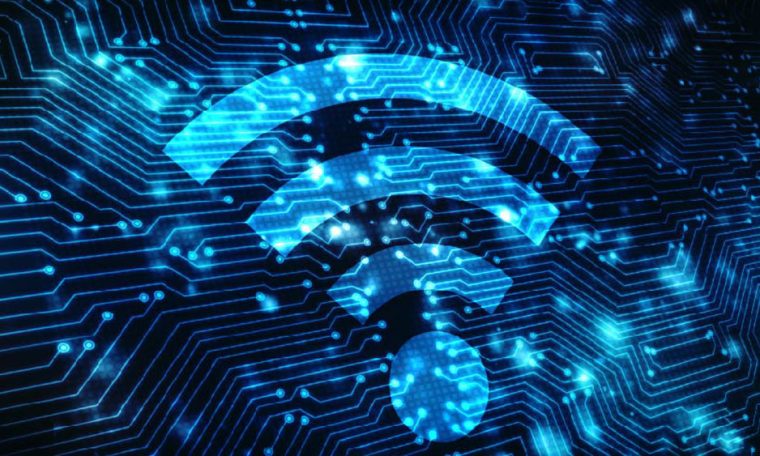
When you access the internet from your home network, it is normally not a problem because home networks are secure, easy to connect to, and most importantly, uncongested. However, when you connect to public Wi-Fi, it is a completely different story.
In case you have an internet connection like the one provided by Spectrum Internet which offers FREE antivirus software with all of its plans, you can avoid using public Wi-Fi and use the free hotspot connectivity offered by the provider. But, people are not always fortunate to get free access to Wi-Fi hotspots, so they tend to use free public Wi-Fi hotspots. It is important to be cautious when you use it.
Without further delay, let’s have a look at what are public Wi-Fi networks, what are the risks associated with them, and how you can prevent them.
What is public Wi-Fi?
Public Wi-Fi networks can be found in popular places like coffee shops, airports, shopping malls, and hotels. These networks allow you to access the internet for free, which is why people connect their devices to them without thinking twice. Although it sounds harmless to connect to a public Wi-Fi just to check your emails or social media accounts, it is indeed a very risky business.
What risks are involved when using public Wi-Fi?
When you are using a public network, there is a huge probability of lax or non-existent security. Therefore, a tremendous amount of risks are involved when using a public Wi-Fi network.
Man in the Middle
Man in the middle (MitM) is by far the most common type of threat involved in public networks. Essentially, it is the threat of eavesdropping. When you establish a connection with a public Wi-Fi, data is sent and received on your device. And in between these transmissions, there might be an attacker reading all your data or conversations with the other party.
Unencrypted Networks
Encryption means that the data sent from your computer is secure in the form of a secret code so it cannot be accessed by anyone who does not have the key to decipher the code. Your home networks are encrypted and therefore, are safe to use. However, public networks are usually unencrypted which is why we highly recommend not to use these networks unless there is an emergency.
Malware Attack
Due to software vulnerabilities, attackers can slip malware into your computer, which can be extremely harmful to your personal files and financial data. A software vulnerability is a security weakness or flaw found in the operating system of your computer. As public Wi-Fi is an open network, cybercriminals can easily exploit this flaw and project malware onto your device. Therefore, always use secure and well-encrypted networks to keep your private data safe at all times.
Malicious Hotspots
Quite often, cybercriminals create their own networks to trick users into their jurisdiction. For instance, if you are at Starbucks having coffee and you connect to their Wi-Fi thinking that it is a legitimate network but instead, you connect to a rogue hotspot, which was set up by a hacker. This will enable the hacker to access all your private information and data stored on the device. They can now blackmail you and ask for ransom after which they can still leak that data. That is why it is important to stay safe when using public networks.
How do stay safe when using a public Wi-Fi network?
The best way to keep yourself secure when using a public network is to enable a VPN on your device so that your IP address is hidden from prying eyes. VPN is a virtual private network that hides your IP address, which means that you are not visible to cybercriminals and it is nearly impossible for them to attack you. Here is a list of Do’s and Don’ts that you should follow to keep yourself safe and secure:
Do’s:
- Disable file sharing features on your device
- Only visit sites that are HTTPS certified
- Log out of your accounts after every session
- Use a VPN service to protect your identity
Don’ts:
- Allow your device to automatically connect to other/unknown networks
- Log into any account that contains sensitive information, e.g. financial accounts
- Leave your Bluetooth or Wi-Fi on when you are not using them
- Log on to a website that is not HTTPS certified
- Sign up for a network that is not password protected
Wrapping Up
To enhance the security of your network, avail services from internet providers that are reliable and offer a complete protection suite. Never compromise on the security of your network. We live in a virtual world where all our information is stored on clouds and devices. Therefore, security should be treated as a top priority when it comes to connectivity. Moreover, you can visit ‘localcabledeals.com’ to find out more details about the internet service provider that offers services along with a security suite at your location.


